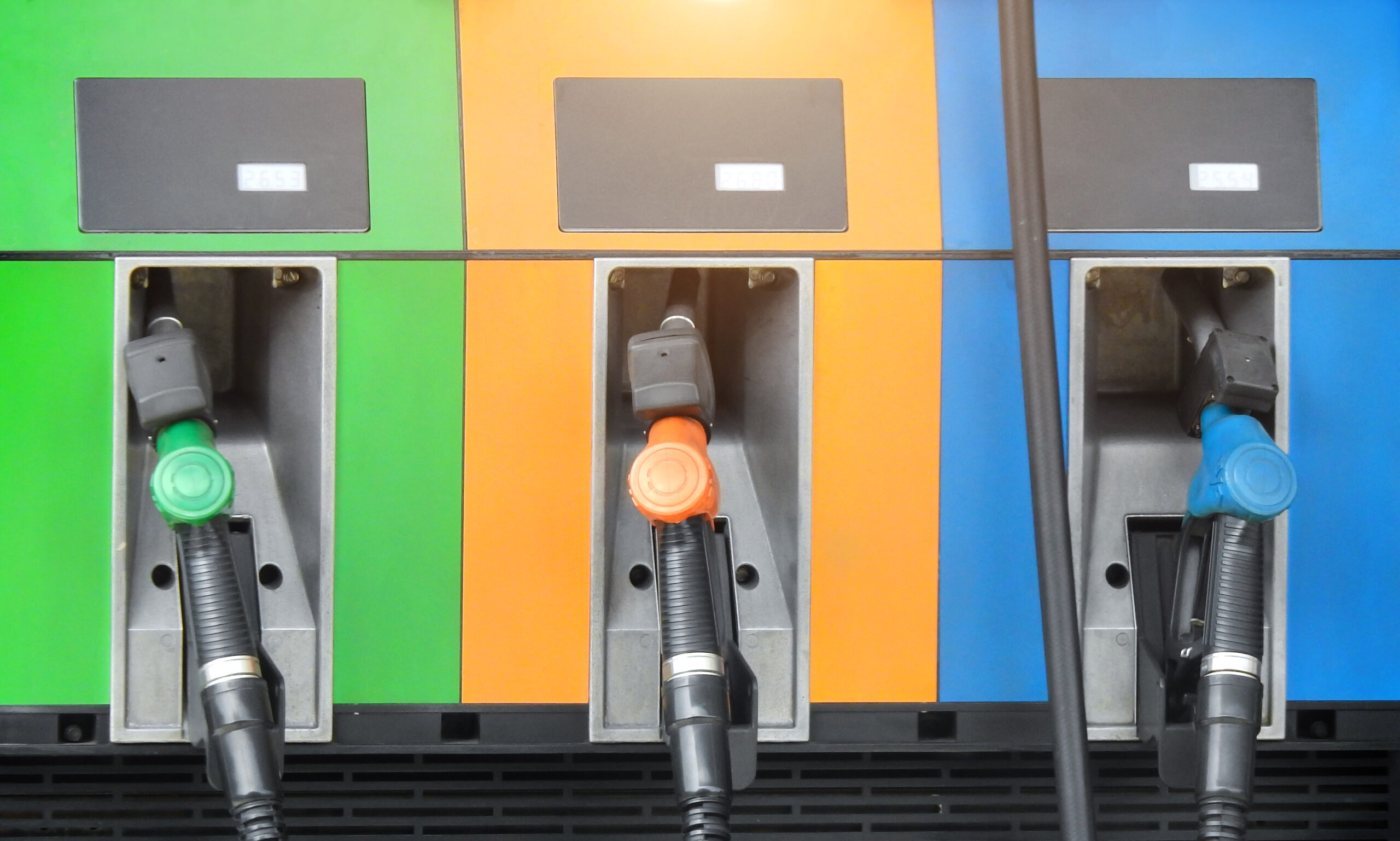

an account. You can:
Access your saved cars on any device.
Receive Price Alert emails when price changes,
new offers become available or a vehicle is sold.


Vehicle Propulsion Systems: Gas, Diesel, Hybrid, or Electric? Choosing the Right Vehicle for Your Needs
With so many vehicle propulsion systems options on the market today, choosing the right type of vehicle—gasoline, diesel, hybrid, or electric—can be overwhelming. Each type offers its own unique advantages, trade-offs, and ideal use cases. Let’s break down the differences and help you determine which one might be best for you.
Overview:
Gas-powered vehicles have been the standard for over a century. They use internal combustion engines that run on refined petroleum fuel (gasoline).
Pros:
- Widely available and affordable
- Low upfront cost
- Easy to service; extensive infrastructure
- Great for short-to-medium daily commutes
Cons:
- Lower fuel efficiency compared to other types
- Higher emissions
- Long-term fuel and maintenance costs can add up
Best For:
Drivers on a budget who need a reliable, easy-to-maintain car for commuting, errands, and occasional trips.
- Diesel Vehicles
Overview:
Diesel engines also use internal combustion, but they burn diesel fuel instead of gasoline. They are often found in trucks and European vehicles.
Pros:
- Better fuel economy than gas engines
- More torque (great for towing and hauling)
- Engines tend to be more durable over time
Cons:
- More expensive fuel
- Higher emissions (though modern diesels use filters and urea injection to reduce this)
- Can be noisy and smellier than gas engines
- Not ideal for short trips (can clog emission systems)
Best For:
Drivers who do a lot of highway driving, long-distance travel, or need strong towing capability (e.g., RVs, trailers, boats).
Overview:
Hybrids use both a gasoline engine and an electric motor to optimize fuel efficiency. They switch between the two power sources automatically or use them in tandem.
Pros:
- Significantly better fuel economy
- Lower emissions than gas or diesel
- No need to plug in (self-charging via regenerative braking)
- Smooth and quiet ride
Cons:
- Higher upfront cost than traditional vehicles
- Battery replacement can be expensive (though infrequent)
- Less powerful than diesel or full-gas engines
Best For:
Urban and suburban drivers who want better fuel economy without changing their driving habits or relying on charging stations.
Overview:
EVs run solely on electric power, using rechargeable batteries. They produce zero tailpipe emissions and are rapidly gaining popularity.
Pros:
- Zero emissions
- Extremely quiet and smooth driving experience
- Lower cost of operation (charging is cheaper than fueling)
- Fewer moving parts = lower maintenance
Cons:
- Higher purchase price (though tax incentives often apply)
- Limited range (typically 200–400 miles per charge)
- Charging infrastructure still growing in some areas
- Charging can take longer than fueling up
Best For:
Eco-conscious drivers, commuters with access to charging at home or work, and those who don’t often take long road trips—or who live in areas with plenty of charging stations.
So, Which Vehicle Propulsion System Should You Choose?
| Your Driving Habits | Best Vehicle Type |
| Mostly short trips or commuting | Hybrid or Electric |
| Long highway drives | Diesel or Efficient Gas |
| Regular towing/hauling | Diesel |
| Want to save money long-term | Electric or Hybrid |
| Tight budget | Gasoline |
| Eco-conscious lifestyle | Electric |
Final Thoughts
There’s no one-size-fits-all when it comes to choosing which vehicle propulsion systems vehicle you select. Your lifestyle, commute, budget, and environmental values all play a role. While EVs are the future, hybrids offer a great middle ground for many drivers today. Diesel remains strong for towing, and gas cars still make sense for affordability and convenience.
Whatever you choose, understanding your options is the first step to making a smart, future-proof decision.
